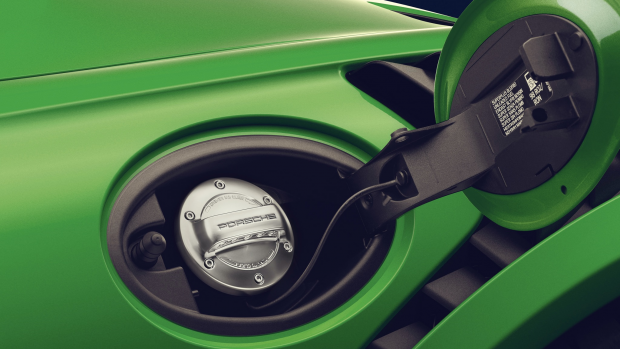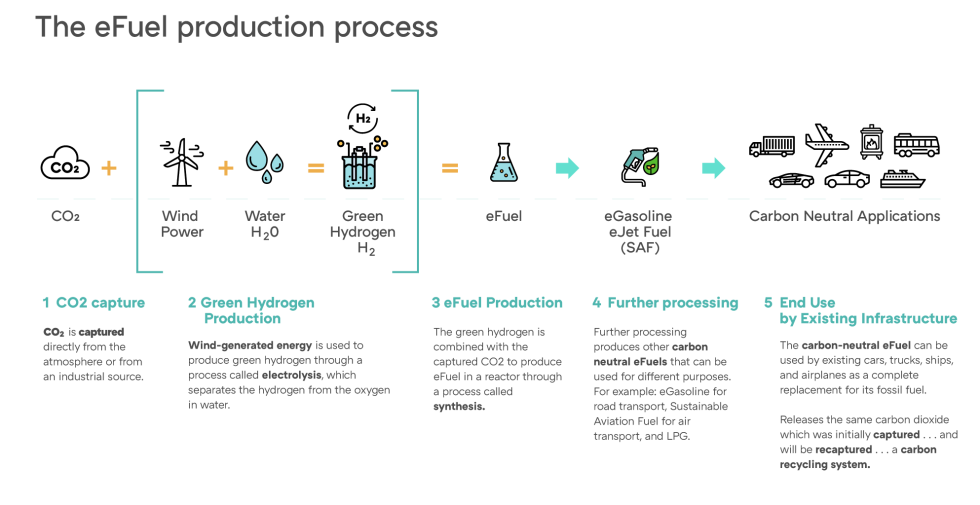
Breaking News
 Powerful Pro-life Ad Set to Air During Super Bowl 'Adoption is an Option' (Video)
Powerful Pro-life Ad Set to Air During Super Bowl 'Adoption is an Option' (Video)
 Even in Winter, the Sun Still Shines in These Citrus Recipes
Even in Winter, the Sun Still Shines in These Citrus Recipes
 Dates: The Ancient Fertility Remedy Modern Medicine Ignores Amid Record Low Birth Rates
Dates: The Ancient Fertility Remedy Modern Medicine Ignores Amid Record Low Birth Rates
 Amazon's $200 Billion Spending Shock Reveals Big Tech's Centralization Crisis
Amazon's $200 Billion Spending Shock Reveals Big Tech's Centralization Crisis
Top Tech News
 SpaceX Authorized to Increase High Speed Internet Download Speeds 5X Through 2026
SpaceX Authorized to Increase High Speed Internet Download Speeds 5X Through 2026
 Space AI is the Key to the Technological Singularity
Space AI is the Key to the Technological Singularity
 Velocitor X-1 eVTOL could be beating the traffic in just a year
Velocitor X-1 eVTOL could be beating the traffic in just a year
 Starlink smasher? China claims world's best high-powered microwave weapon
Starlink smasher? China claims world's best high-powered microwave weapon
 Wood scraps turn 'useless' desert sand into concrete
Wood scraps turn 'useless' desert sand into concrete
 Let's Do a Detailed Review of Zorin -- Is This Good for Ex-Windows Users?
Let's Do a Detailed Review of Zorin -- Is This Good for Ex-Windows Users?
 The World's First Sodium-Ion Battery EV Is A Winter Range Monster
The World's First Sodium-Ion Battery EV Is A Winter Range Monster
 China's CATL 5C Battery Breakthrough will Make Most Combustion Engine Vehicles OBSOLETE
China's CATL 5C Battery Breakthrough will Make Most Combustion Engine Vehicles OBSOLETE
 Study Shows Vaporizing E-Waste Makes it Easy to Recover Precious Metals at 13-Times Lower Costs
Study Shows Vaporizing E-Waste Makes it Easy to Recover Precious Metals at 13-Times Lower Costs
This synthetic-fuel startup just got $75 million from Porsche

In 2021, Porsche announced that it was starting to work with synthetic fuels. The company is rather proud of the fact that so many of the cars it has built over the decades are still on the road and recognizes that the only way to maintain that in an increasingly climate-blighted future will be with synthetic gasoline that's made with carbon sucked from the air.
In September last year, the Haru Oni pilot plant, built for that very purpose, broke ground in Punta Arenas in Chile. That plant was funded in part by Porsche as well as Siemens Energy and ExxonMobil but is being built and will be operated by a Chilean startup called HIF Global. On Wednesday Porsche announced that it was investing $75 million to buy a 12.5 percent stake in the startup.
The efuel-making process at Haru Oni starts by capturing CO2 from the air and using wind power to electrolyze water into hydrogen and oxygen. The carbon and hydrogen are used to synthesize methanol, and the methanol is then turned into longer hydrocarbons using ExxonMobil's methanol-to-gasoline process.


 Smart dust technology...
Smart dust technology...

